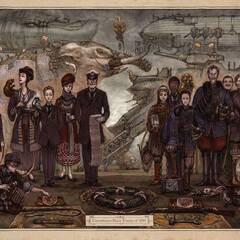-
Topics
-
Harry_rn ·
Posted in Troubleshooting0 -
0
-
0
-
kim921 ·
Posted in Build Logs2 -
_y0sh ·
Posted in New Builds and Planning2 -
James Jonathim ·
Posted in Troubleshooting1 -
3
-
DoDoTheGoD ·
Posted in Graphics Cards4 -
robjt ·
Posted in Troubleshooting16 -
FailedtodownloadmoreRAM47 ·
Posted in Troubleshooting0
-

















Create an account or sign in to comment
You need to be a member in order to leave a comment
Create an account
Sign up for a new account in our community. It's easy!
Register a new accountSign in
Already have an account? Sign in here.
Sign In Now